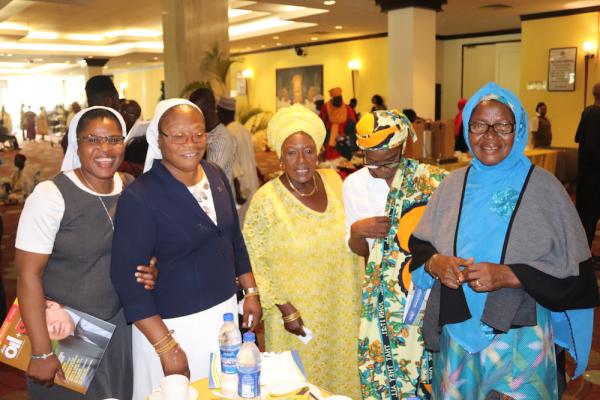Feb 26, 2020
Tit-for-tat killings had started between Christians and Muslims in Jos. In Muslim-dominated areas, Muslims roamed the streets and singled out Christians. In Christian-dominated areas, the Christians retaliated with killings Muslims. Cars, houses, and churches were burned to the ground.
Read the Full Article

Already a subscriber? Login
